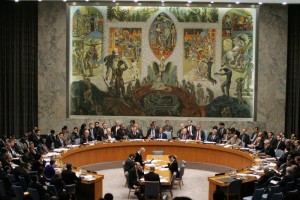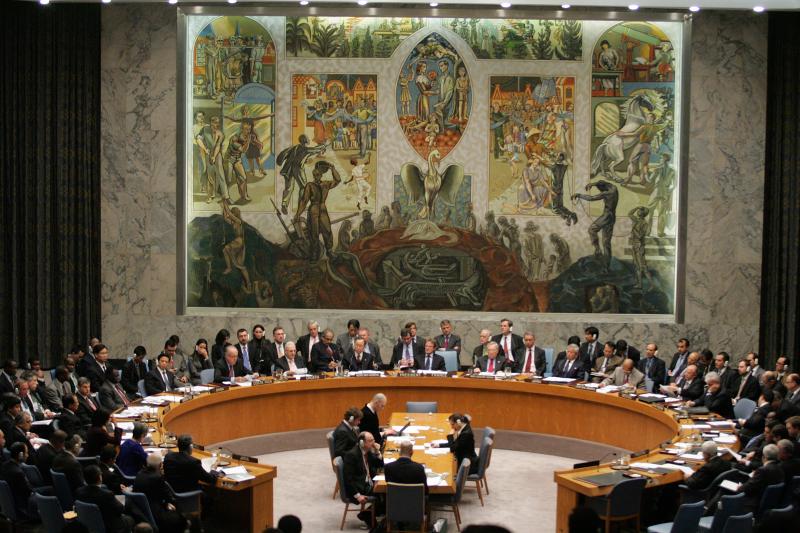By Libya Herald reporters.

Tunis, 17 October 2015:
The United Nations is ready to impose sanctions on all those who threaten the completion . . .[restrict]of the UNSMIL political Accord, the Security Council said today. However it was not clear which particular Accord it meant.
In a clear attempt to drive forward the proposed deal, the UN Security Council said that all parties should “work swiftly toward the formation of a Government of National Accord”, because the agreement offered a real prospect to resolve the country’s political, security and institutional crises.
It threatened that those who got in the way of a deal would suffer from sanctions. “The Libya Sanctions Committee” it warned,”is prepared to designate those who threaten Libya’s peace, stability and security or who undermine the successful who threaten Libya’s peace, stability and security or who undermine the successful completion of its political transition.”.
A diplomatic source has told the Libya Herald that the sanctions threat is real and would be implemented “sooner rather than later”. This is however to discount the position of Russia and China in the Security Council. In June they vetoed the imposition of sanctions on two individuals deemed the be obstructing the peace process, Abdulrahman Sewehli and Othman Milaiqtah. Sewehli went on to become a member of the negotiating team sent to the UNSMIL Dialogue by the remnant General National Congress.
However an oddity of the Security Council statement is that it takes the 8 October draft as being the touchstone for agreement. An UNSMIL official tonight pointed out that the mission’s chief Bernardino Leon said after the UN meeting in New York that there would be a couple of elements in the deal that might be changed.
He then announced that there would be three instead of two deputy premiers. Since then a new draft has been circulating which, among other points, is understood to propose that there should be immunity for war crimes. It also suggests that the prime minister or the presidential council of which he will be head, should have the executive power to drive though a proposal, if the House of Representatives and the new State Council were unable to agree on it within 30 days.
The issue that may be concerning Leon is that when, as expected, it votes on Monday, the House of Representatives may choose to accept the 8 October draft National Accord approved by the UN two weeks ago, which does not include his new proposals. Most crucially these now include three instead of two deputy prime ministers.
Were the HoR to throw out Leon’s new additions, but endorse the deal that the UN backed, they could claim that they were fulfilling the wishes of the UN and therefore could not be exposed to any sanctions, or indeed any criticism at all. [/restrict]









